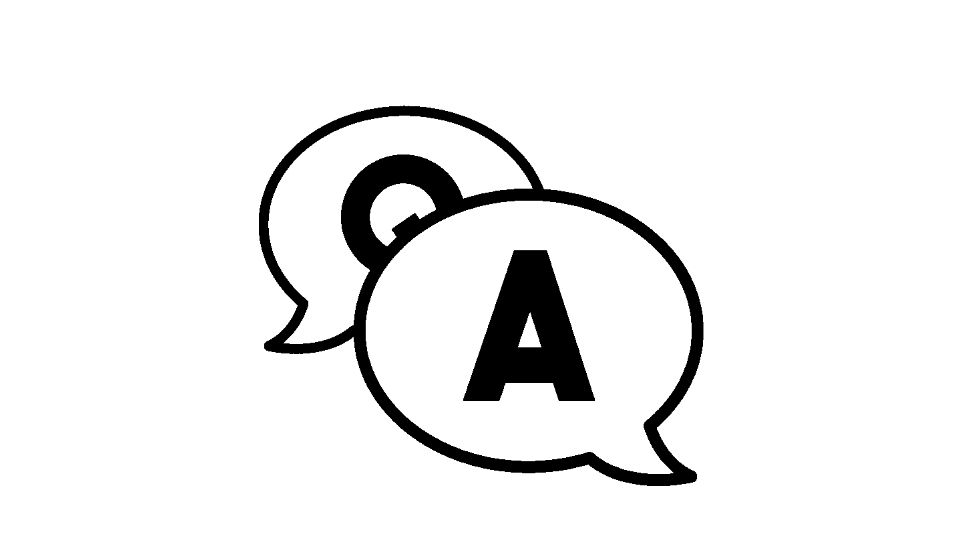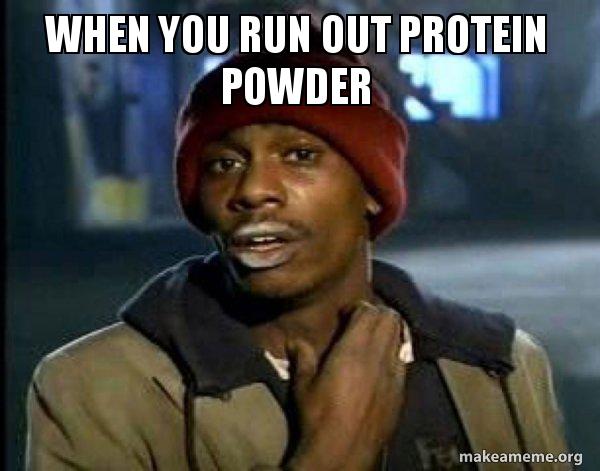Can You Use Protein Powder During Intermittent Fasting?

Why protein powder is your best friend during intermittent fasting (and how to use it right)
Ever wonder if your protein powder and intermittent fasting routine are working together or fighting each other?
I’ve been there. One minute you’re proudly fasting, the next you’re wondering if that protein shake just ruined everything.
Good news: protein powder and intermittent fasting can be a power couple when done right. In fact, recent research shows that “protein pacing” (spreading protein intake evenly throughout your eating window) combined with intermittent fasting leads to better fat loss while preserving muscle compared to simple calorie restriction.
But there’s a right way and a wrong way to make this relationship work.
Skip ahead:
The Science Behind Protein + Fasting
Let’s get one thing straight – protein pacing isn’t just bro science.
A recent study published in Cell Reports Medicine found that combining intermittent fasting with strategic protein timing leads to greater body weight reduction, particularly fat loss, while preserving or even increasing muscle mass.
This approach isn’t just about what you eat, but when you eat it.
The recommended approach? Consuming roughly 25-50 grams of high-quality protein every 3-5 hours during your eating window.
For example, in a typical 16:8 fasting protocol (16 hours fasting, 8 hours eating), you might have:
- A protein-rich meal at 12pm (breaking your fast)
- A protein shake at 3pm
- A protein-focused dinner at 7pm
This spacing maximizes what scientists call “muscle protein synthesis” – basically your body’s ability to build and maintain muscle tissue throughout the day.
But it gets even better! This approach also appears to improve your metabolic flexibility (how efficiently your body switches between burning carbs and fat) and even enhances gut health by positively reshaping your gut microbiome.
Why Protein Powder Is Your Fasting BFF

Muscle Preservation: The Holy Grail
When you’re fasting, your body is looking for energy sources. Without adequate protein, it might start breaking down muscle tissue. Nobody wants that.
Protein powder gives you a concentrated dose of essential amino acids that tell your body “Hey, no need to eat the muscles, we’ve got protein coming in!”
Research in the Journal of the International Society of Sports Nutrition shows that higher protein intake during calorie restriction preserves lean body mass far better than lower protein diets with the same calories.
Hunger Control: Your Secret Weapon
Ever broken a fast only to devour everything in sight?
Protein is the most satiating macronutrient – meaning it keeps you fuller longer than carbs or fats. A protein shake in your eating window can prevent the post-fast feeding frenzy that ruins many intermittent fasting efforts.
Recovery Rocket Fuel
If you work out while fasting (which many people do), protein becomes even more important.
Fast-absorbing proteins like whey can jump-start recovery after exercise, especially when consumed within your eating window after a training session.
Fat Loss Accelerator
Here’s where it gets really interesting. The combination of intermittent fasting with strategic protein intake leads to significantly greater losses in abdominal fat and visceral fat (the dangerous kind around your organs) compared to simple calorie restriction.
Plus, protein has a high thermic effect – your body burns more calories digesting protein than it does processing carbs or fats. It’s like a little metabolic bonus!
How to Actually Do This Right

Timing Is Everything
The golden rule: Consume protein only during your eating window.
If you’re doing 16:8 fasting (fasting for 16 hours, eating for 8), your eating window might be 12pm-8pm. Plan your protein intake during those hours.
Break Your Fast Gently
After not eating for 16+ hours, your digestive system needs a gentle introduction back to food.
A light, digestible protein source is ideal. This is where clear whey protein shines – it’s essentially a protein-rich juice that won’t hit your stomach like a brick. It’s easier on the digestive system than a heavy meal or a thick protein shake.
Research from the International Journal of Sport Nutrition shows that liquid protein sources are digested and absorbed more rapidly than solid foods, making them ideal for breaking a fast.
Protein Pacing Strategy
Don’t just dump all your protein into one massive meal. Space it throughout your eating window:
- Break fast (12pm): Light protein source (20-25g)
- Mid-afternoon (3-4pm): Protein shake (25-30g)
- Dinner (7pm): Protein-rich meal (30-40g)
This approach keeps muscle protein synthesis activated throughout your eating window.
Choose The Right Protein
Not all protein powders are created equal:
- Whey protein: Fast-absorbing, great post-workout or for breaking a fast
- Casein protein: Slow-digesting, good before a longer fasting period
- Plant proteins (pea, hemp, rice): Good options for those avoiding animal products
Calculate Your Needs
A good rule of thumb: aim for 1.6-2.2g of protein per kg of body weight daily.
For a 175lb (79kg) person, that’s about 126-174g of protein during your eating window.
The Questions You’re Too Afraid to Ask

Does protein powder break my fast?
Technically, yes. Anything with calories breaks a fast.
But that’s not the right question. The better question is: “Will protein powder ruin the benefits I’m seeking from fasting?”
If you’re fasting for:
- Weight loss: A zero-calorie fast is optimal, but research shows protein during the fasting window has minimal impact on fat-burning compared to carbs or fat.
- Autophagy (cellular cleanup): Yes, protein will interrupt this process.
- Insulin sensitivity: Protein causes less insulin release than carbs, but still some.
The smart approach: Keep protein within your eating window to get the best of both worlds.
Can I just eat real food instead of protein powder?
Absolutely! Whole foods should be your primary protein source.
But let’s be real – research from the American Journal of Clinical Nutrition shows that most people struggle to hit optimal protein targets through whole foods alone, especially when time-restricted.
Protein powder is simply a convenient tool to bridge the gap between what you should eat and what you realistically will eat.
Will protein powder make me fat?
Only if you ignore calories. A typical scoop has 100-150 calories – far less than many “healthy” snacks.
Remember, weight loss is still about calories in vs. calories out. Protein powder just helps preserve muscle while you’re in a calorie deficit.
In summary, protein powder and intermittent fasting aren’t enemies – they’re allies when used correctly. By timing your protein intake strategically within your eating window, you can amplify fat loss, preserve muscle, and make the whole fasting experience much more pleasant.
And let’s be honest – anything that makes fasting more sustainable is a win, because the best diet is always the one you can actually stick with!

